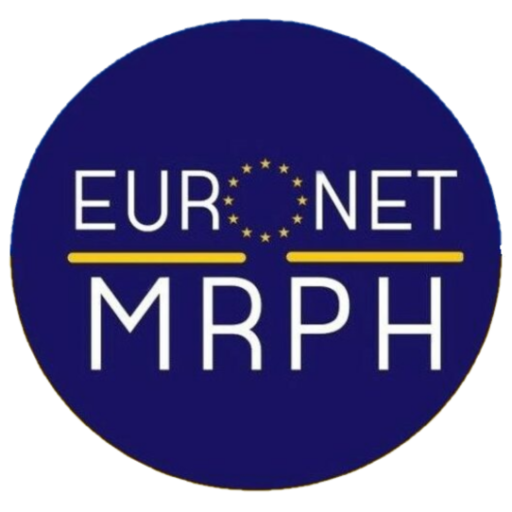Public Health in France
Founded in Paris in 1989, CliSP (Collège de liaison des internes de Santé Publique) is the French Association of Medical Residents in Public Health. The aim of this association is to represent Public Health Residents and defend their interests on one hand, and to foster communication and exchanges between Medical Residents in order to promote Public Health medical specialty, on the other hand.
Each year, French Residents in Public Health elect their representatives who make up a College (16 members) and a Desk (8 members) responsible for promoting Public Health education and curriculum. These members set working groups on specific topics regarding institutional representation or scientific production.
You can find easily more (French) information about CliSP following this link: www.clisp.fr
Information about residency program
Pre-training requirements
The candidates to the residency program have to pass a national exam (ECN) after the completion of the 6 years of medical studies. This exam takes place in May or June every year and the residency begins on November 2nd. About 100 placements are available for Public Health residency. The choice of the specialty and the city/region depends on the ranking.
Duration of training
The duration of the Public Health residency is 4 years. It can last a little longer if the resident decide to attend a master degree program on an extended leave period of six months or one year. Master programs usually lasts two years: the first one does not require an extended (and unpaid) leave period and classes can be attended while working as resident.
In 2017 the reform of the residency program has been applied for the first time. The curriculum will consist of 3 phases:
- 1st: “core” phase ➔ acquisition of basic knowledge and skills in 4 domains
- 2nd: “in-depth” phase ➔ acquisition of basic knowledge and skills in 4 other domains + of more advanced K&S in 4 domains chosen by the resident + thesis
- 3rd: “consolidation” phase, during which the resident will be autonomous (with supervision)
The 8 domains that have been identified by the 2017 Residency reform are:
- Biostatistics
- Epidemiology and clinical research
- Informatics and e-health
- Quality, safety and risks management
- Health economics, health administration, health policy
- Social sciences and humanities
- Health & environnement
- Health promotion
Mandatory educational requirements
Theoretical education will mostly be acquired in the first 2 phases. Residents have to acquire skills and knowledge in the 8 domains. Moreover, residents attend a non-specialized master program in Public Health, adding a second master program, more focused and called “master 2”. For example, a resident may study epidemiology, biostatistics, health promotion and health policy in her/his first master, and then decide to specialize in biostatistics and choose a focused master 2. Residents can apply for scholarships in order to interrupt their residency for one year to focus on research (research year or “année recherche”).
Mandatory training requirements
Residents rotate between different services every 6 months, for a total of 8 rotations in four years. The first semesters will be dedicated to rotations that allow acquiring basic skills training (hygine and , informatics, epidemiology) and more advanced ones: health administration, clinical research, health promotion, children and maternal protection, disease surveillance. Residents can also do a part of their residency in clinical wards, for a maximum of four semesters.
Up to three semesters of rotation can be do outside the region or the city where the resident has assigned as result of the ECN ranking.
End of training assessment method
French residents as they start their training, do not hold the degree in medicine. It is mandatory to defend a thesis, closing medical studies, during the residency (from the third semester on) or in the ten years after the end of it. On the other side, residents are asked to defend a second thesis (called “memoire”) in order to obtain their specialization diploma.
Post-training careers
Public health specialists have a wide range of possibilities regarding their career choices: research, both in universities and national institutes; public health specialists in public institutions (ministries, regional health agencies, municipalities), health promotion specialists, in national and local institution or on the field (schools, child and maternal protection). They can also work in disease surveillance and epidemiology.
If you have any question, don't hesitate and ask us.
